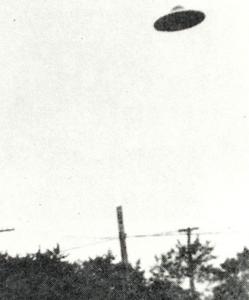 There is no doubt that more than ever, the study of UFOs and related phenomena is in need of definitive change. I had a roundtable discussion with Nick Redfern, Peter Robbins and Richard Dolan about what forms that might take.
There is no doubt that more than ever, the study of UFOs and related phenomena is in need of definitive change. I had a roundtable discussion with Nick Redfern, Peter Robbins and Richard Dolan about what forms that might take.
As many know, the so-called “Roswell Slides” and the fallout from that episode reminded some that eagerness and the will to believe should never trump even a normal amount of research. Nick criticized the method of release of the slides as clumsy and secretive. Richard maintained that the information was controlled by Adam Dew, the producer who located the slides, and not the researchers.
I brought up the subject of egos, media, and the rush to be first with information and how that should change. Peter suggested that UFO study should be an academic pursuit with the same checks and balances inherent. He uses his own conscience as a guide. Rich talked about peer review, of which he is skeptical because of the lack of standards in the field to begin with. Nick said that we can’t peer review a phenomenon that many people can’t even agree exists. Nick went on to talk about peer pressure and how it shouldn’t affect UFO study.
How do we get rid of UFO=ET? It’s one of many theories, but always takes center stage. Richard acknowledged that no one theory accounts for all the data. Nick and I argue that other theories (such as those incorporating interdimensional and psychological approaches) should get more time.
Is the emphasis on degreed professionals needed? Peter offered that it is, but they also need backing for their work, but agreed with Nick and I that we don’t need to require people to be officially trained professionals to do good work.
Nick wants to see more alternate viewpoints represented in conferences, such as psychedelic drug studies and occult issues. He also mentioned that almost all researchers have had other weirdness and synchronicities enter their lives. Richard mentioned Mike Clelland and his alternate views on the abduction phenomenon and his upcoming book. He also pointed out that we come from a materialistic culture and that determines the direction of research and agreed that it should and will change.
How do we categorize witness testimony? The instrument (humans) which we use to record and report things is fallible, and some of the answers are encoded in the questions. Rich called this a “psychological approach.” My point was that everything with UFO witness testimony is “psychological.” Mundane things like direction and speed may not be, but Nick and I were concerned with UFO reports, how they are gathered, and what categories they are placed in.
Nick brought up the fact that people see what they expect to see in different eras, which suggests a phenomenon that adjusts it appearance as some sort of control system.
The take away from this show is something like this: People who have integrity will continue to contribute, we should ignore or refute bad research and thinking and any new techniques/ theories will come from outside the establishment. Get to work.
Show suggested by Michael Reynolds and Radio Misterioso listeners.


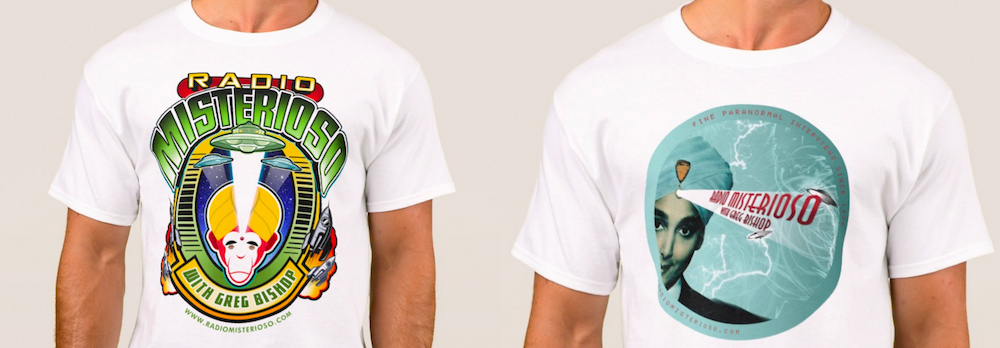
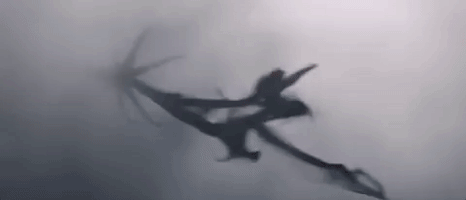

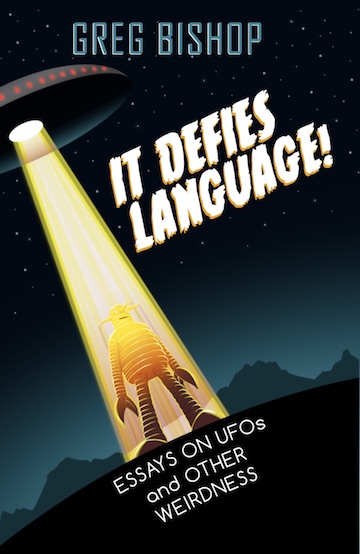

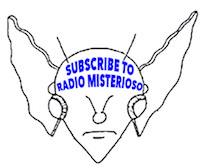
5 Responses to Richard Dolan, Nick Redfern and Peter Robbins: So Now What?